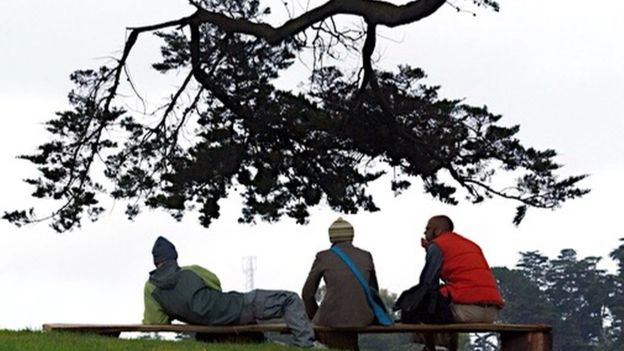
New research has found that people who live in more built up areas and spend less free-time in nature are also less likely to take actions that benefit the environment, such as recycling, buying eco-friendly products, and environmental volunteering.
The findings are published in a new study from Centre researchers and suggests policies to preserve and develop urban green spaces could support urban populations reconnect with nearby nature and help meet sustainability targets.
The study analysed survey responses from more than 24,000 people in England. Working with partners from the University of Plymouth and Public Health England, the team looked at people’s exposure to nature in their local area; their recreational visits to natural environments such as parks, woodlands and beaches; and the extent to which they valued the natural world.
Results reveal that green choices were more common in people who lived in greener neighbourhoods or at the coast, and among those who regularly visited natural spaces – regardless of where they lived. The relationships were the same for men and women, young and old, and for rich and poor.
Lead author Dr Ian Alcock said: “Over 80% of the English population now live in urban areas and are increasingly detached from the natural world. Greening our cities is often proposed to help us adapt to climate change – for example, city parks and trees can reduce urban heat spots. But our results suggest urban greening could help reduce the damaging behaviours which cause environmental problems in the first place by reconnecting people to the natural word.”
Source: University of Exeter
